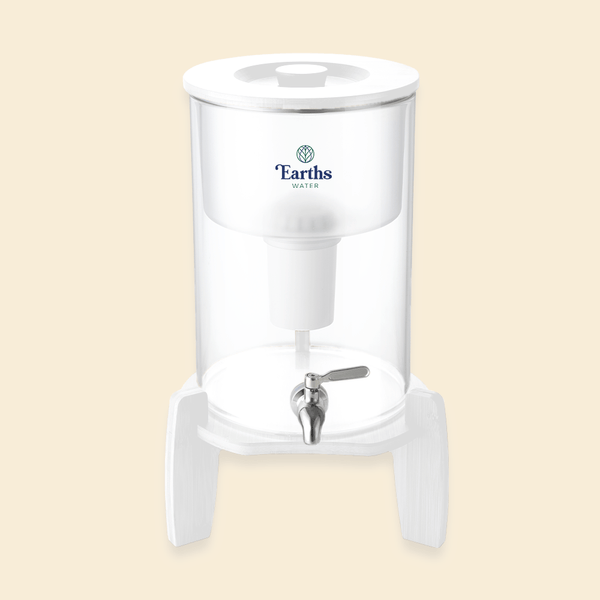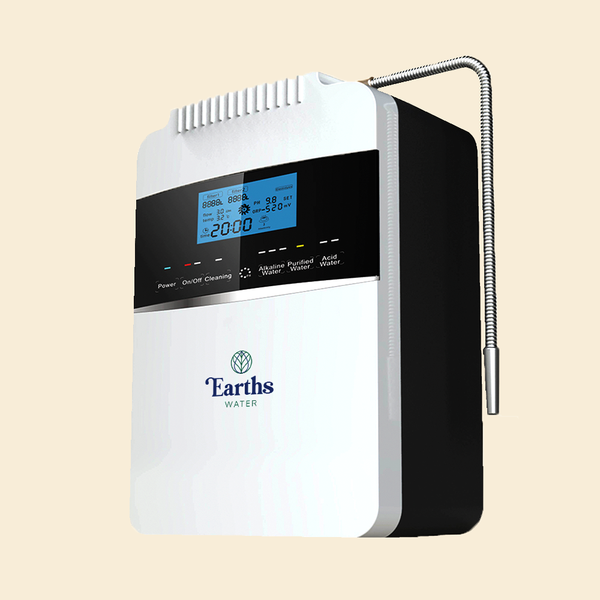
Pregnancy is a beautiful, life-changing journey, but it’s also a whirlwind of emotions, cravings, and a to-do list that seems to grow by the second. One minute you’re craving pickles dipped in peanut butter, and the next you’re Googling, "Is it safe to drink tap water while pregnant?" With so much going on and to think about, it’s easy to overlook the quality of water you’re drinking.
When you’re growing a little life inside you, every choice you make plays a part in shaping your baby’s well-being—and something as simple as switching to filtered water can make a world of difference. After all, hydration for pregnant women is crucial when you’re drinking for two (or three, if it’s twins!). But why does it matter so much? And what’s wrong with plain ol’ tap water?
Why Hydration and Water Quality Matter During Pregnancy
Staying hydrated is important for your well-being and your baby’s development. Water performs many essential roles during pregnancy, like transporting nutrients to your baby, flushing out toxins, regulating your body temperature, and even maintaining adequate levels of amniotic fluid. Feeling less swollen ankles and fewer headaches? Yes, please.
However, it’s not just about how much water you’re drinking; it’s also about the quality. While Australia’s tap water is generally safe, it’s not perfect. Trace contaminants like chlorine, lead, and bacteria can sneak into your glass. And during pregnancy, even the smallest risks feel amplified. Filtered water steps in as the safer option, removing these impurities and ensuring every sip supports your baby’s growth inside your tummy.
The Perks of Filtered Water for Mum and Baby

Drinking filtered water during pregnancy offers benefits beyond just staying hydrated. Here’s how it benefits both you and your baby:
Boosts Nutrient Absorption
Clean water enhances the absorption of critical nutrients like calcium and magnesium, essential for your baby’s bone and teeth development.
Gentler on Sensitive Noses and Tastes
Pregnancy often turns your senses of taste and smell up to eleven. Filtered water removes the chlorine and metallic tastes that might make regular tap water less appealing.
Minimises Exposure to Contaminants
By filtering out heavy metals, pesticides, and other impurities, you’re reducing potential risks to your baby’s development.
Eases Pregnancy Discomforts
Proper hydration for pregnant women can help manage common pregnancy woes like bloating and constipation, giving you one less thing to worry about.
How Much Water Should Pregnant Women Drink?

The general guideline is to aim for about 10 cups (or 2.4 litres) of water daily when you’re pregnant. This might sound like a lot, but keep in mind that your body is doing the incredible work of growing another human, so it needs all the hydration it can get. Staying on top of your water intake can help prevent urinary tract infections, preterm labour, and dehydration-related discomforts like headaches.
To make it easier and help you stay on track, keep a reusable water bottle within arm’s reach. The Ultra Water Filter Bottle from Earths Water is a fantastic option for busy mums-to-be. Lightweight, portable, and eco-friendly, it ensures every sip is clean and refreshing.
Water Needs in Each Trimester

Your water requirements can change as your pregnancy progresses. Here’s what to keep in mind:
First Trimester
Morning sickness? It’s a hydration thief. Sipping small amounts of filtered water throughout the day can help replenish what you lose. Adding a slice of lemon or cucumber can provide a gentle, nausea-friendly flavour boost.
Second Trimester
With increased calorie intake comes a need for more water. Add about 340mL (one glass) daily to support your baby’s growth and your own well-being.
Third Trimester
Your baby’s rapid growth means you’ll need extra hydration—aim for at least 450mL more than your usual intake. A glass of filtered water before bed can also help reduce nighttime leg cramps.
Drinks to Limit and Avoid During Pregnancy
Knowing what to drink is just as important as knowing what to skip. Here’s a quick guide:
-
Limit These:
-
Caffeine: While a small cup of coffee or tea is okay, it’s best to stick to less than 200 mg daily (roughly one standard cup of coffee).
-
Herbal Teas: Not all herbs are safe for pregnancy, so consult your healthcare provider before indulging.

-
Avoid These:
-
Alcohol: No amount is considered safe during pregnancy.
-
Unpasteurised Milk: It can carry harmful bacteria like listeria.
-
Kombucha: While trendy, it often contains trace amounts of alcohol and unpasteurised ingredients.
Filtered Water for the Whole Family

The benefits of filtered water don’t end after pregnancy. As your family grows, clean water remains a cornerstone of health and wellness:
-
For Breastfeeding Mums: Staying hydrated helps maintain milk supply. Filtered water ensures your baby isn’t exposed to unwanted contaminants through breastmilk.
-
For Growing Kids: Their little immune systems are still developing, so clean water supports their overall health and hydration habits.
-
For the Entire Household: From cooking and preparing baby formula to brewing your morning coffee, filtered water improves the taste and quality of everything you consume.
How to Choose the Right Filter for Your Needs

Earths Water offers a variety of options to suit your lifestyle:
-
For Busy Mums: The Ultra Water Filter Bottle is a must-have. It’s lightweight, stylish, and perfect for on-the-go hydration for pregnant women.
-
For Home Use: The 9L Eco Benchtop Alkaline Water Filter is ideal for families, providing clean, alkaline water at your fingertips.
-
For Sustainability Lovers: The 3.5L Glass Carafe Alkaline Water Filter combines functionality with eco-friendly aesthetics, making it a stunning addition to your kitchen.
Each filter is designed to remove impurities while retaining essential minerals, offering the best of both worlds.
Healthy Water, Healthy Pregnancy
Pregnancy often brings a fresh perspective on sustainability. After all, you’re preparing to welcome a new life into the world—why not make it a cleaner, greener one? Choosing reusable water filter bottles or eco-friendly benchtop filters is a small but impactful way to protect the planet your baby will grow up in. By owning an Earths Water filter, you’re prioritising your health and also setting an example for a more sustainable future.
Ready to make the switch? Explore our range of sustainable, family-friendly options today. Remember, every sip counts when it comes to supporting your pregnancy journey.









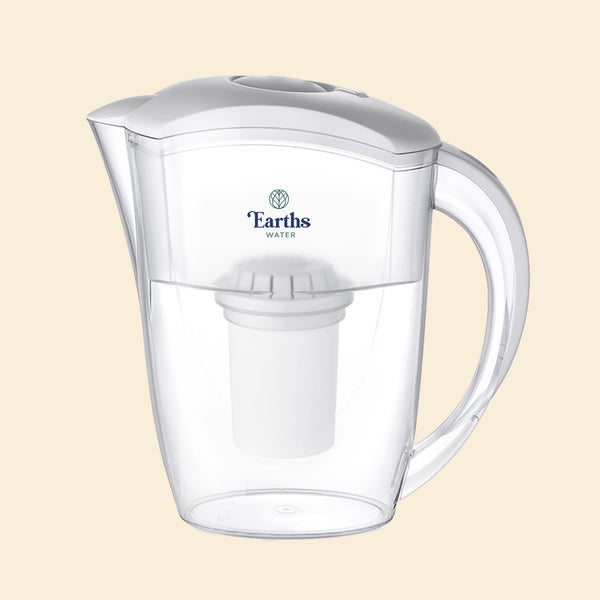
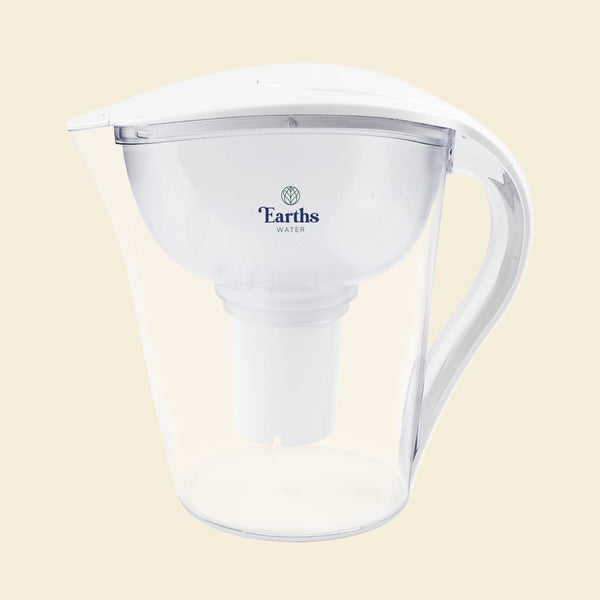
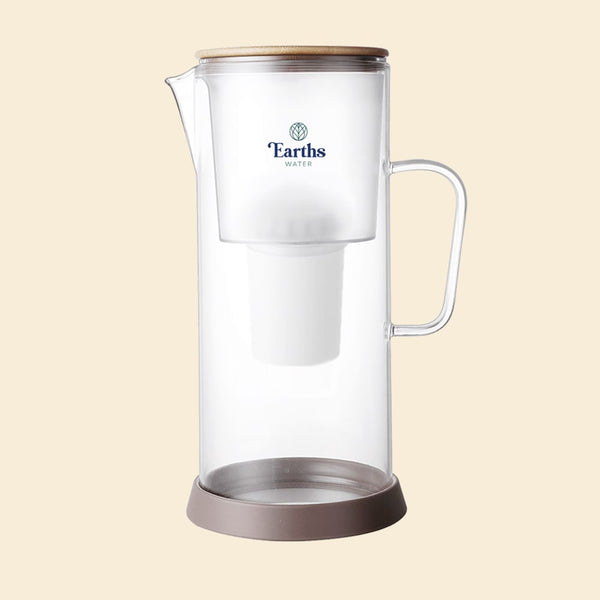
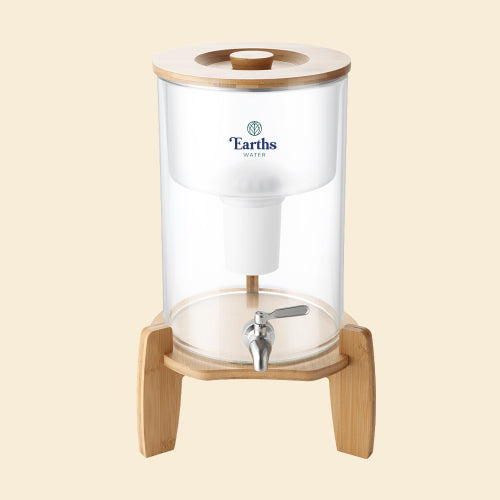
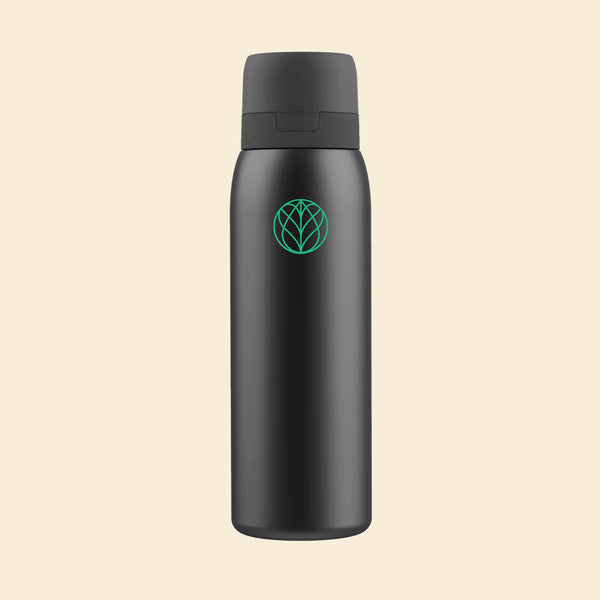
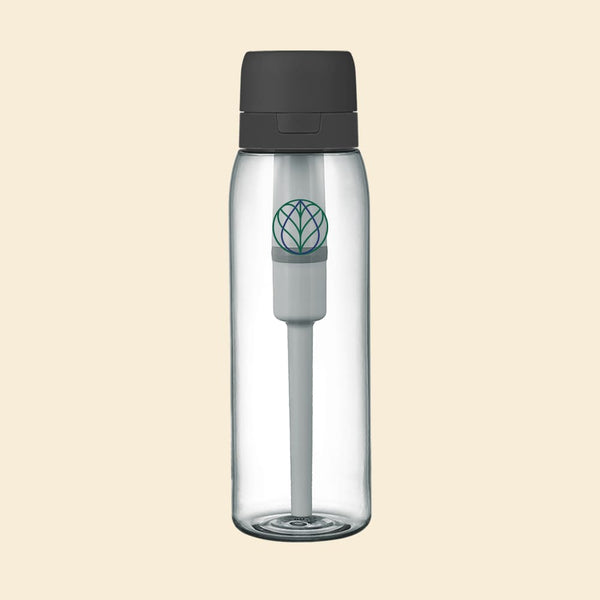
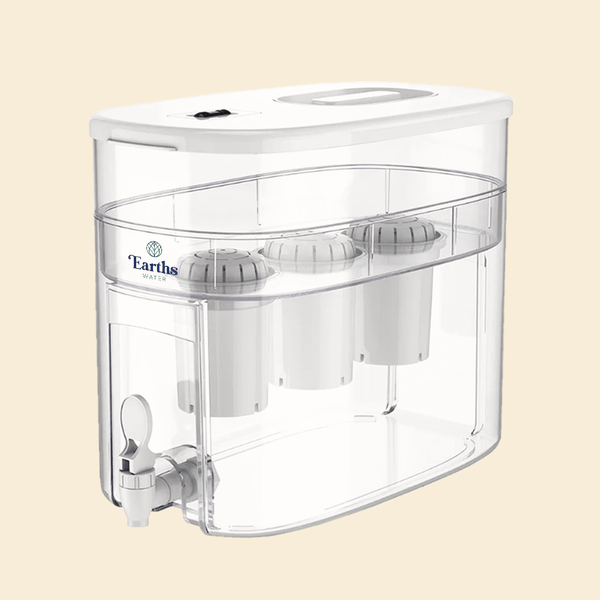
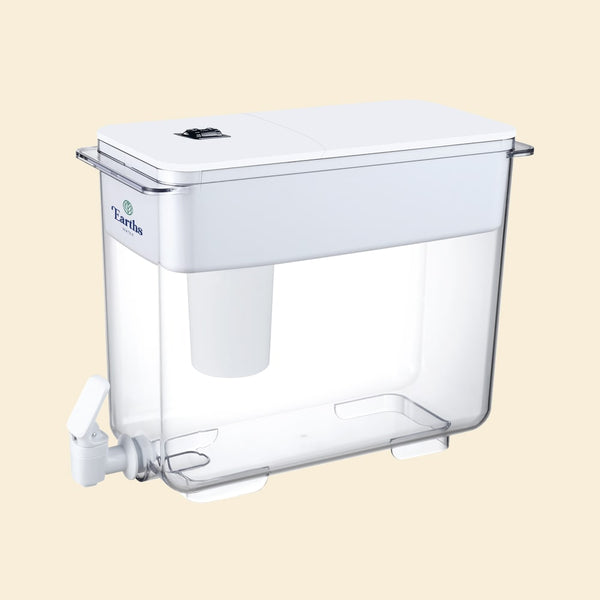
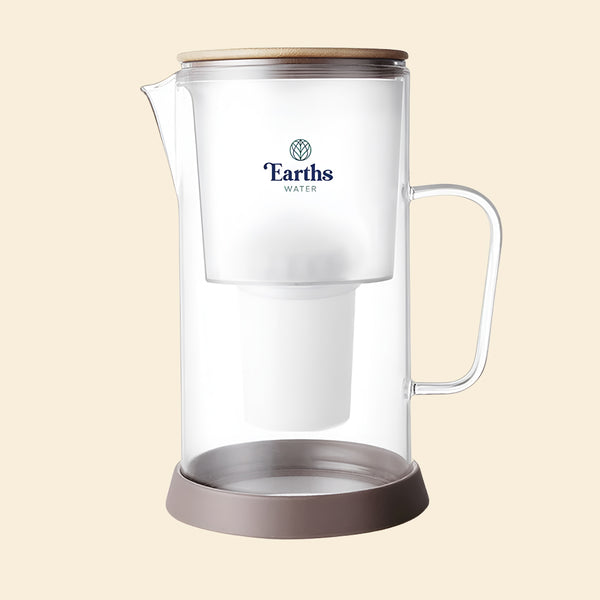
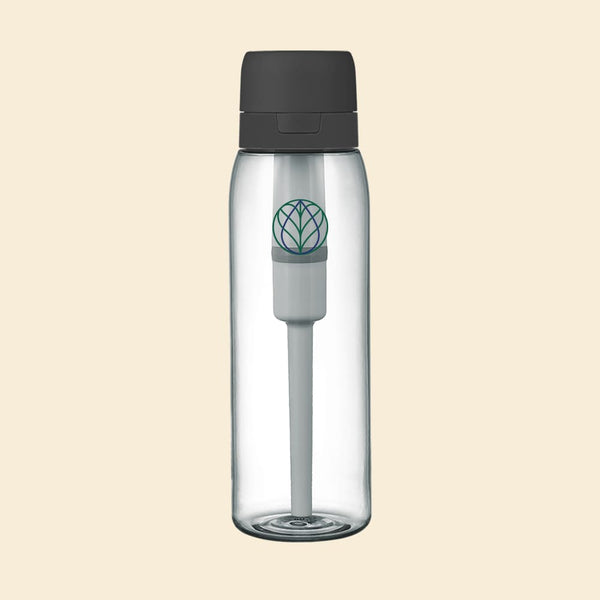
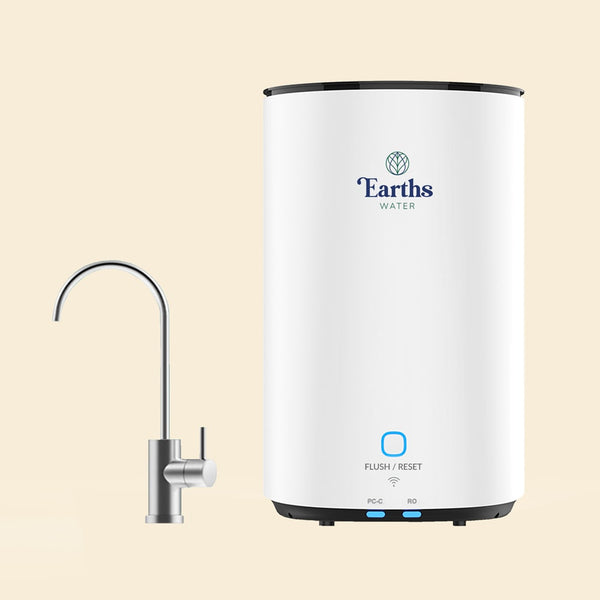
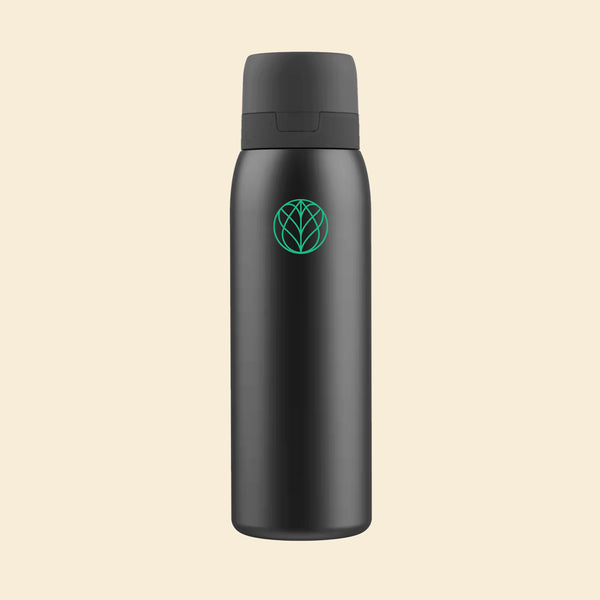
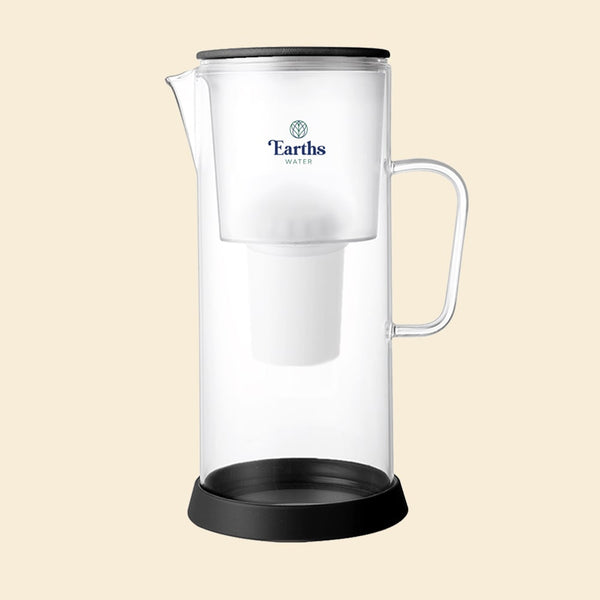
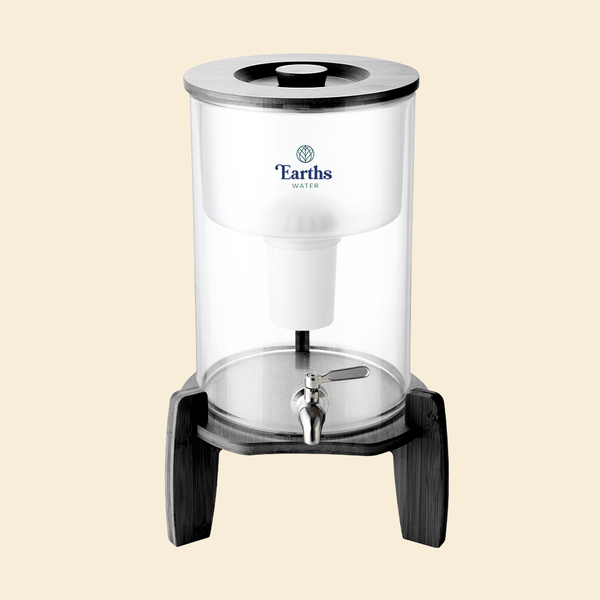
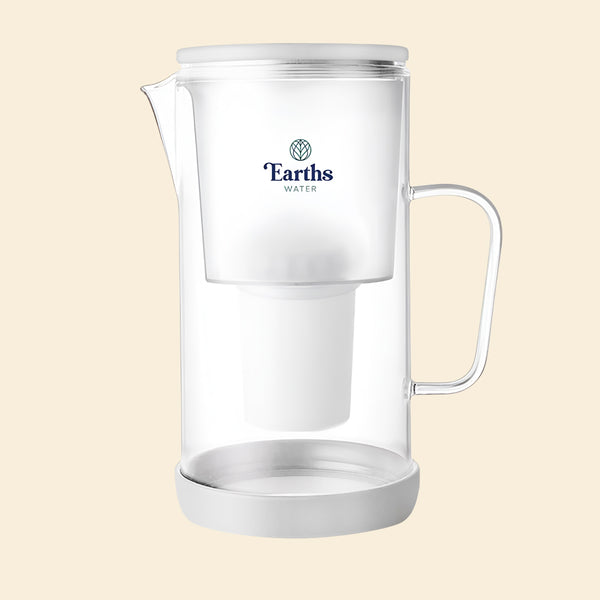
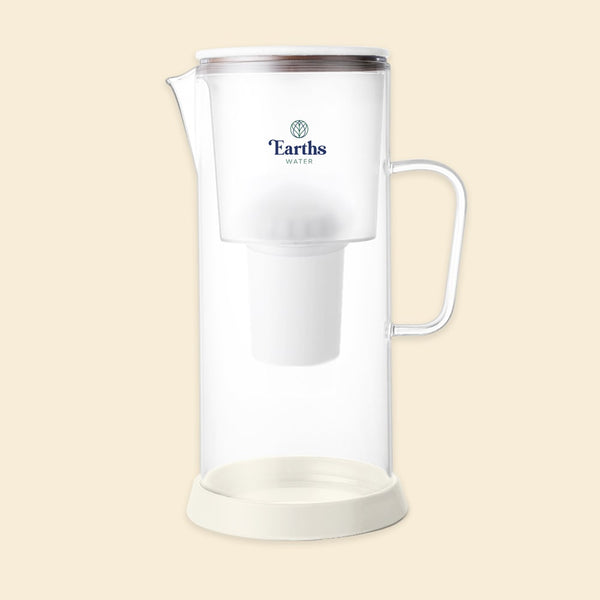
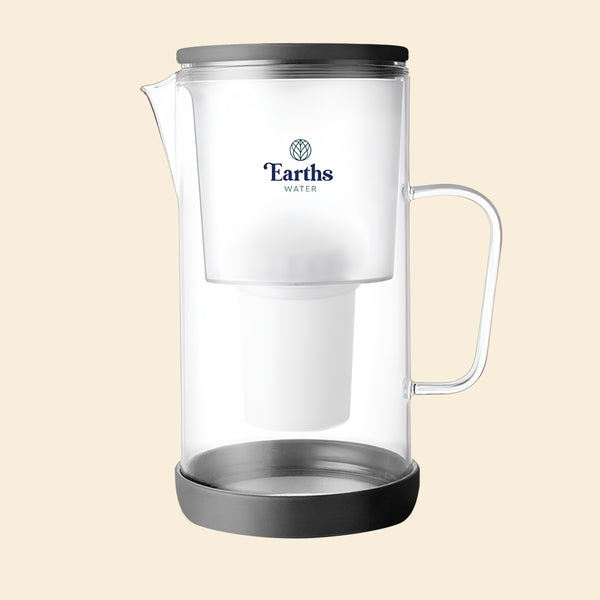
![9L Glass Benchtop Alkaline Water Filter - Eco Acacia [LIMITED EDITION]](http://earthswater.co.nz/cdn/shop/files/ACACIA-BENCHTOP-FRONT-BEIGE_600x600.png?v=1743392740)
